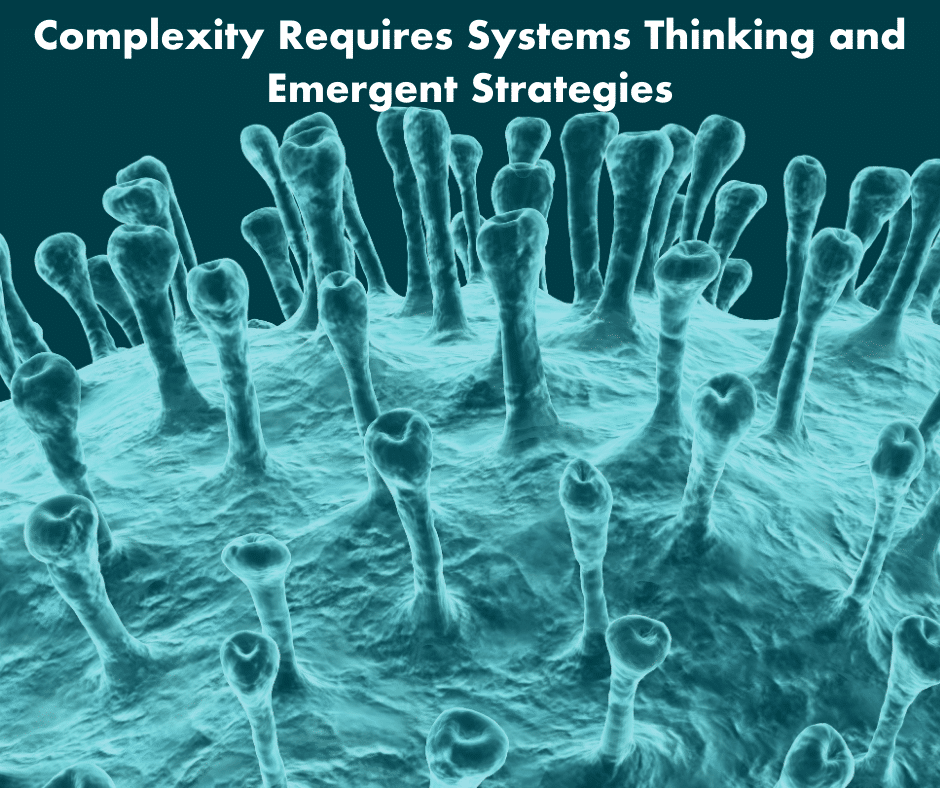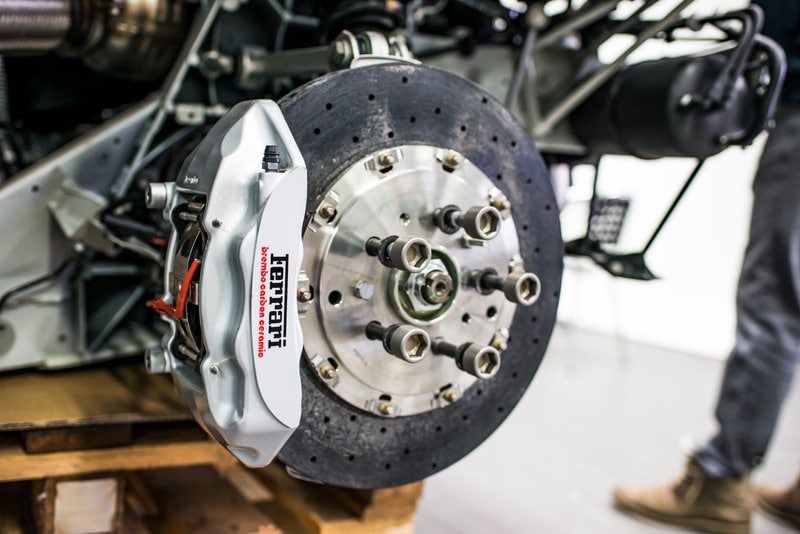
On a call with a client last night with a location-based entertainment startup, I was continually asked for answers to questions. “If we do this, what will the result be?”
This line of thinking is based upon cause and effect. One thing happens, and it triggers a response. It’s pretty much how we are taught to think in school.
In the old normal, I would have given answers. The location-based entertainment market was complicated, but as a 30-year veteran who has started 7 companies, and helped dozens more, the market was predictable. I’ve been predicting outcomes in this market for a long time, with a very good track record of accuracy.
But now everything has changed. And I was not able to give direct answers. I only could pose additional questions.
For example, we talked about pricing models. As a supplier, could revenue sharing be an answer to the reluctance of operators to spend money on new attractions? Seems like a reasonable question.
Except I could not give a simple answer. Because it assumes that operators will be charging for attractions the way they were 4 months ago. And that consumers would be willing to engage in the same activities based upon the same value exchange. And I know that some operators are experimenting with gated admissions and time-based models. And others are playing around with subscription models. How might those work with supplier revenue share?
I know it was frustrating for my client. They wanted to know what to do. We are trained to be productive. Move forward or die. Grow at all costs. This is the paradigm we have lived in for my whole life.
The problem is the location-based entertainment market has gone from complicated to complex. To understand how to move forward it is critical to understand the difference.
Complicated is like a Ferrari. A well-trained mechanic with a manual and the right tools can take the engine apart and put it back together. It’s complicated but predictable.

Complex is like the COVID-19 crisis. There are many variables and they are unpredictable. We don’t know what we don’t know yet. So the predictions have for the most part been wrong. Human behavior is unpredictable. How the virus actually transmits is still not understood. How it impacts the human body and why some people are more affected than others is still a mystery. Humans are inherently complex so anything with humans at the center of the system is going to also be complex.

The way to solve a complex problem is to use systems thinking and be emergent.
I interviewed Dave Snowden and Melis Senova, some of the leading thinkers on this subject on The Being Virtual Show here and here. You can also read the Snowden Leadership Framework on how to manage in complexity here from the Harvard Business Review.
Emergent leadership is counterintuitive to established management practices. We are supposed to have a strategic plan and execute the plan. But what if the conditions are changing so rapidly that your plan is obsolete before you’ve executed it? Emergence is about trying, failing, learning, and trying again. It’s about being flexible, agile, fast, and fearless. It’s about having a culture that embraces failure, not one that punishes it.
Randy White, in my interview with him a couple of weeks ago, said that every location-based entertainment business is a startup. We talked about how most location-based entertainment businesses cannot be profitable under the capacity-constrained conditions being imposed upon them. His predictions were that Dave and Busters needs to get to 70% of pre-COVID revenue, and Chuck E. Cheese 97%, to regain profitability. If capacity is limited to 50%, and half the people are just not willing to risk infection, then how can those businesses become viable again? They need to rethink their business models, their market assumptions, and their service offerings. Sounds like a startup.
Emergence is the realm of the startup. And in the post-COVID era, every business is a startup. The good news is that there are lots of tools that location-based entertainment companies can use to act like a startup. But it also requires a change in thinking among every employee, starting with leadership. More on that soon.